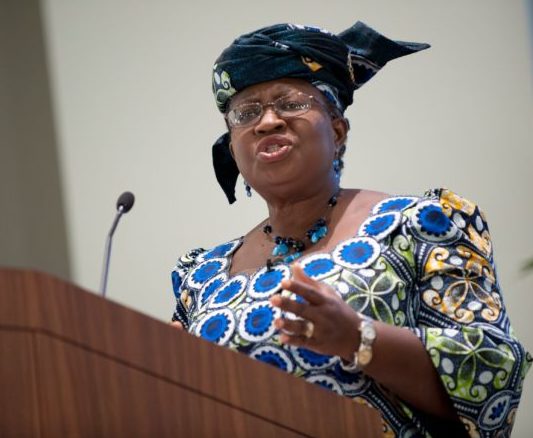Dr Ngozi Okonjo-Iweala, Director-General of the World Trade Organization (WTO), has called on Nigeria’s Federal Government to reduce the number of agencies stationed at its borders as part of comprehensive reforms needed in the Nigeria Customs Service (NCS).
Speaking virtually at the 2024 Comptroller General of Customs Conference in Abuja on Wednesday, she emphasised that this measure is essential to improve trade facilitation and boost revenue.
According to Okonjo-Iweala, Nigeria has an unusually high number of government agencies at its borders compared to other countries, creating inefficiencies that hamper trade.
“Nigerian agencies need to work with Customs to streamline their border operations,” she said, stressing the need for better coordination and delegation.
Drawing from her experience as Nigeria’s former Finance Minister and Chairman of the NCS Board, she highlighted that excessive border oversight has long been a challenge for Nigeria. Based on WTO data, she noted that these inefficiencies persist.
Another critical reform area, she suggested, involves improving risk management and significantly lowering inspection rates. While in many developed countries less than one percent of consignments undergo physical inspection, around 90 percent of Nigeria’s consignments are physically inspected, with an additional 9 percent scanned.
Okonjo-Iweala advised adopting a more data-driven risk management approach to reduce these inspection rates and to ensure customs regulations are applied consistently.
She added that increased information sharing among agencies, faster clearance times, and better compliance practices by firms would all help reduce delays.
“Customs officers must be convinced of the need for these changes,” she stated.
Okonjo-Iweala, who is likely to begin a second term as WTO Director-General, also outlined three specific policy measures to enhance predictability at Nigeria’s borders. These include ending the Import Adjustment Tax (IAT) in favour of fully implementing the ECOWAS Common External Tariff; limiting the use of tariff concessions under programs such as the Import Duty Exemption Certificate, with more transparency and removing most items from the import prohibition list, which frequently receive discretionary waivers and account for 6 to 7 percent of Nigeria’s imports.
She emphasised that implementing these measures would strengthen Nigeria’s trade framework and improve its position within the global trade community.
